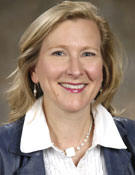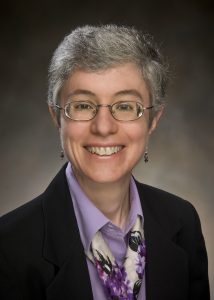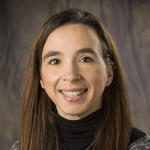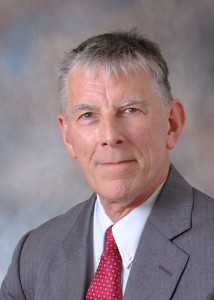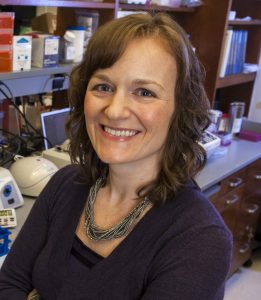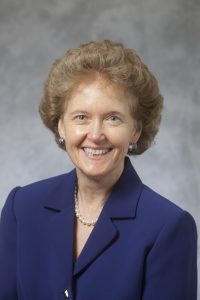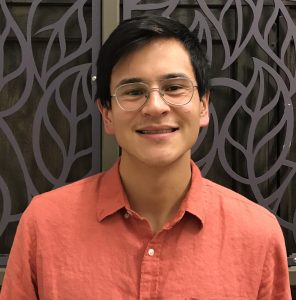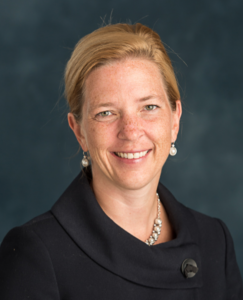Going Lecture Free for Gen Z
The WrightCurriculum, a lecture free curriculum, began in 2017 at Wright State University Boonshoft School of Medicine, with the goal of having students become self-directed learners using evidence-based teaching and learning activities. We have several aims with this curriculum. First, help students develop skills in critical thinking. Second, help students learn how to discover the best evidence to make decisions. Third, give students the skills to keep learning throughout a life of service in the practice of medicine. We are aware that the majority of medical schools still have lectures as a significant part of their instructional hours, and believe if USMLE scores for a medical school are fine, “why take a risk in changing the curriculum?” Faculty may fear that active learning diminishes their teaching role. However, using teaching and learning strategies that are based on the science of learning, especially retrieval-based practice, actually requires faculty to do a great deal more than “cover the content”. Faculty are charged with designing questions and classroom activities that get students to use the course content to answer questions and solve authentic problems. Authentic “teaching moments” for faculty occur frequently in active learning sessions as faculty probe student thinking and connect knowledge to its application. The emphasis is shifted to creating “spaces for productive discomfort” in pushing students to learn in order to “make it stick.” We utilize active learning strategies of team-based learning, peer instruction, case-based learning, and problem-based learning, in which students are only in the classroom about 3 hours/day during the Foundations Phase, allowing ample time for self-study and advanced preparation. Since Peer Instruction is being utilized in over 60% of our curricular time, we will spend more time discussing Peer Instruction, from the faculty perspective in developing session material and how to effectively facilitate sessions, and from the student perspective in how learning gains are made in the sessions.
At the end of the session, participants will be able to:
1. Explain the evidence and rationale for using active learning strategies throughout medical school, and how active learning strategies contribute to student attendance and team-work.
2. Formulate effective approaches to implementing a lecture-free curriculum that is grounded in science, specifically using the teaching modality of Peer Instruction (PI).
3. Introduce best-practice strategies, tips, and lessons learned from going lecture-free.
The Changing Roles of the Basic Science Educator
In the presentation I will discuss the roles of the basic science educator as an information provider, a facilitator, a curriculum planner, an assessor, a role model, a manager and leader, a scholar, and a professional. The teacher has a key role to play in the education process but this is changing.
Role of Foundational Sciences in Clinical Years
Traditional medical curricula generally place the majority of foundational science learning into the pre-clerkship years. Yet, it has been recognized that foundational science education should occur across the medical curriculum to promote excellence in clinical performance. This session will provide participants with an innovative approach to integrating foundational sciences and meaningful clinical experiences in the post-clerkship curriculum. Participants will learn about several educational strategies and the resources necessary to achieve successful integration of foundational sciences and patient care. Furthermore, participants will recognize the challenges and learn practical solutions of this approach in order to implement post-clerkship foundational science integration at their own institutions.
Stepping Beyond the “Step 1 Climate”
Join a conversation about how our medical education community could collaboratively address the “Step 1 climate” that is described by medical students in a recent Academic Medicine article. The lead author will explore how Step 1 has inadvertently but incontrovertibly adversely altered the preclinical learning environment, specifically with regard to the quality of education, diversity, and student well-being. The author of an accompanying commentary will provide historical context as to the purpose for which this test was designed and the unintended consequences as it has been used for other purposes, such as residency selection. Bring creativity, imagination, and a willingness to seek consensus options that address all stakeholder group needs.
Moving USMLE Step 1 After Core Clerkships: Rationale, Challenges and Early Outcomes
Schools undergoing curricular reform are re-evaluating the optimal timing of Step 1. Historically, students have completed the exam immediately following the basic science curriculum. A small but growing number of schools have moved Step 1 after the core clinical clerkships, citing a number of reasons for the change, including promoting long-term retention and understanding of basic science concepts. As schools undergo curricular transformation, educators are looking to peer institutions to share their experience and lessons learned. They are also seeking data to guide decisions. In this webinar, Dr. Daniel will review the reasons to consider a change, the potential hurdles one might encounter, and the findings of recent studies. This will serve as a springboard for dialogue surrounding the optimal timing of Step 1.
